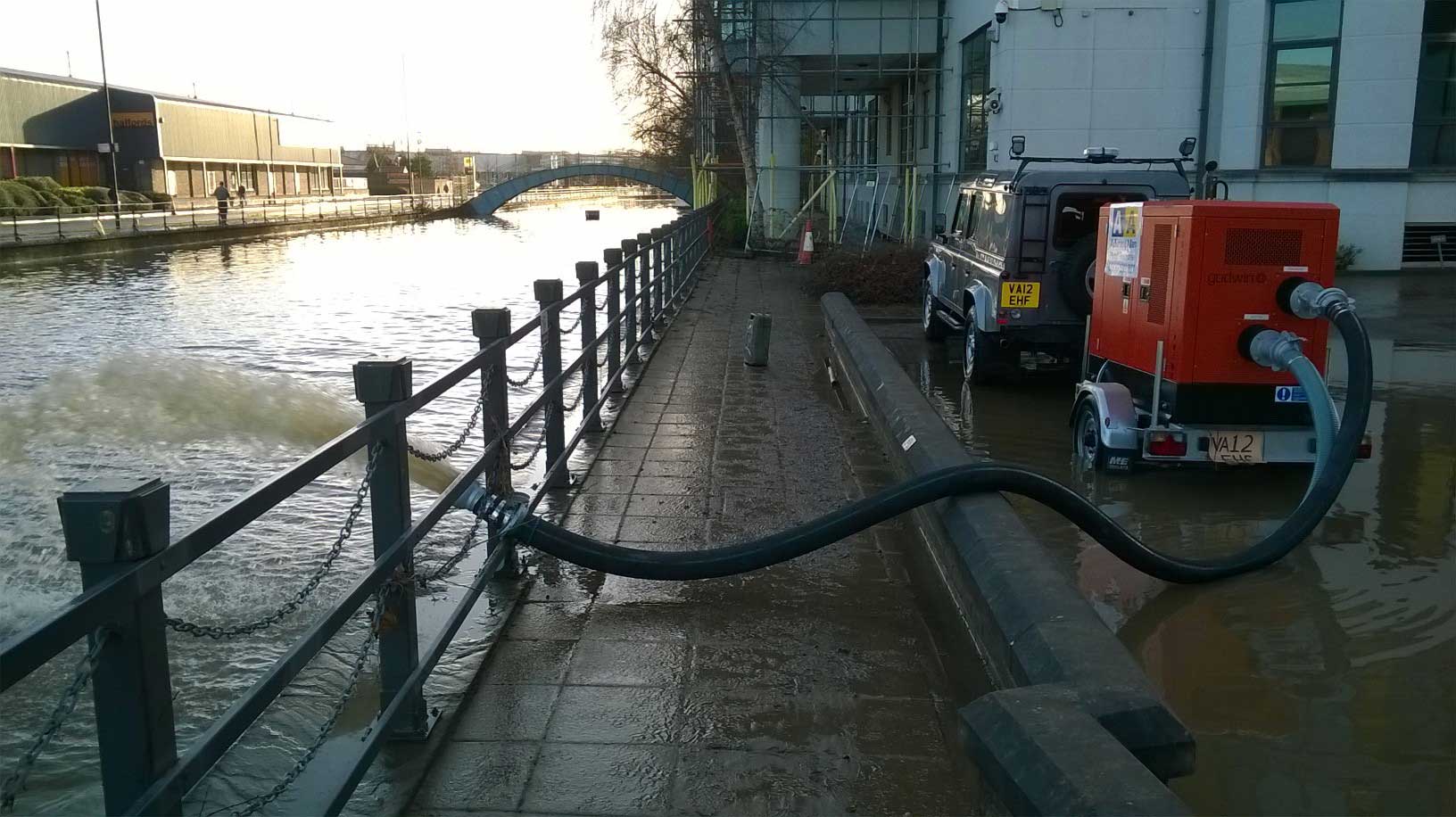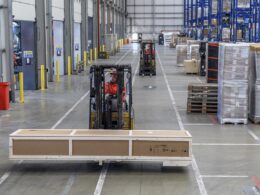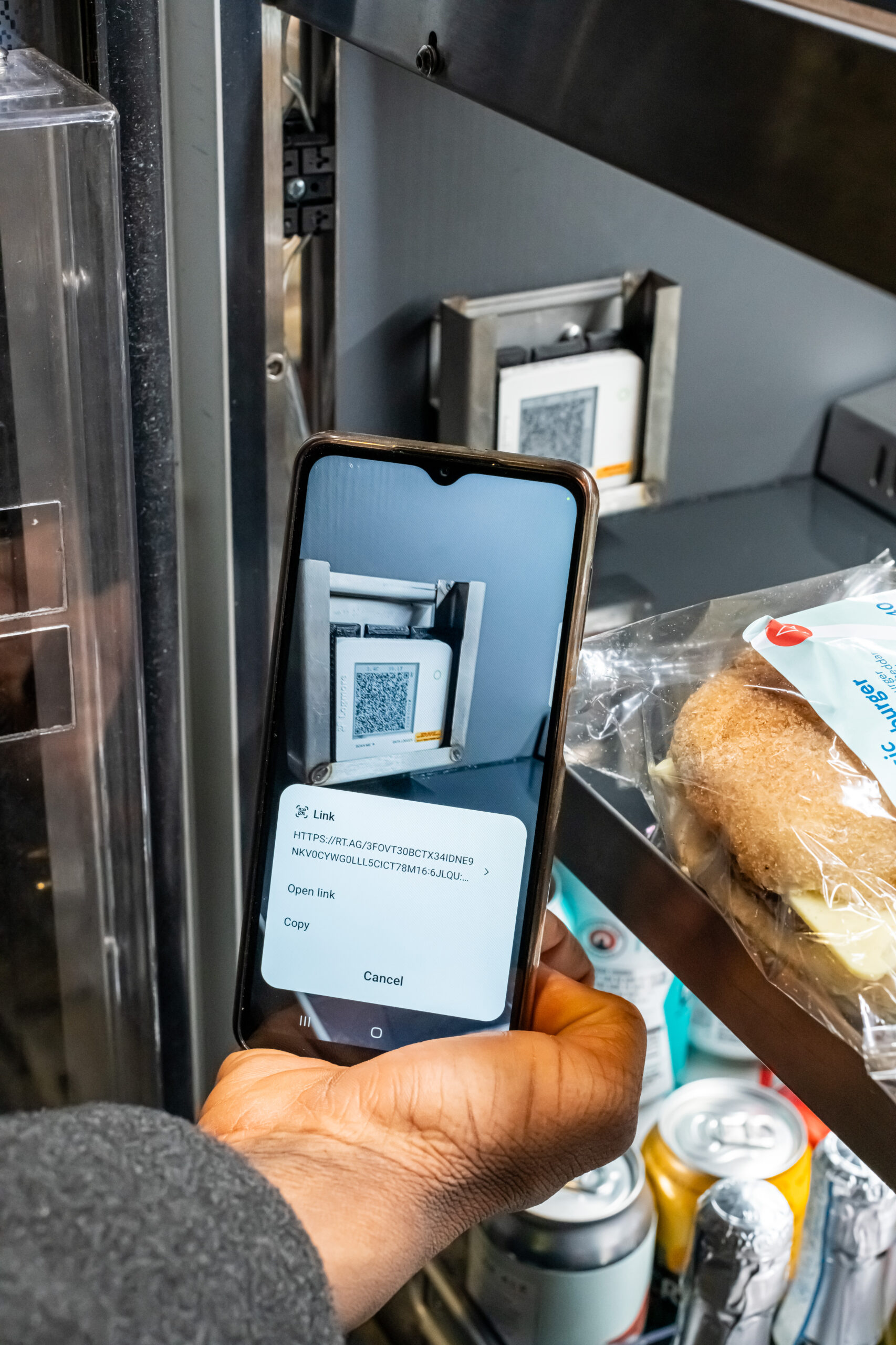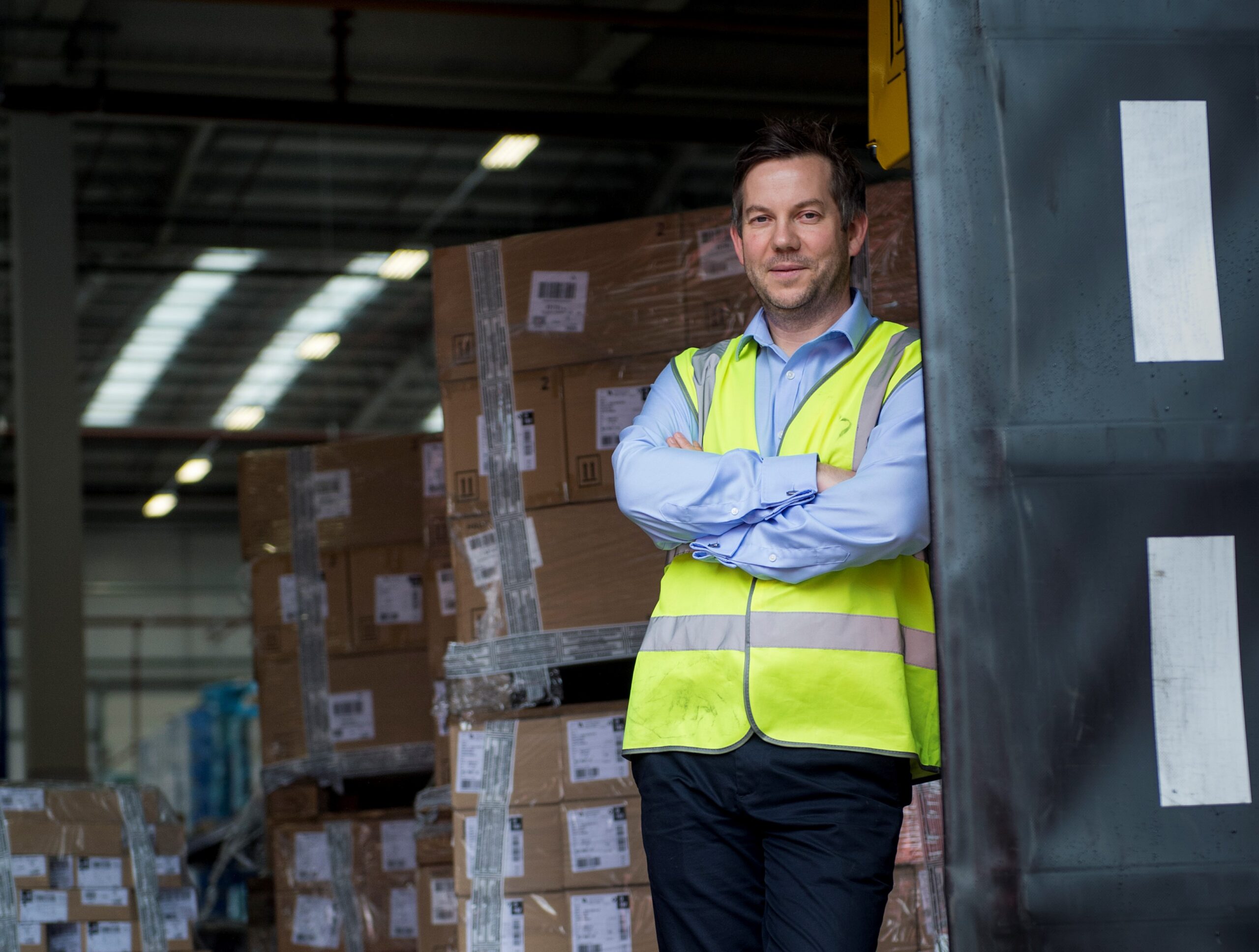Freezing temperatures and an increased risk of flooding make the winter a challenging time for the UK’s logistics sector, with highways liable to damage and closure, and transporters facing issues with fuel storage and distribution. Henry Simpson, Commercial Director for Adler & Allan, discusses common winter issues and how to deal with them.
The last few years have seen flooding incidents on a devastating scale, affecting individual homes, businesses and essential infrastructure assets, such as roads and power supplies. With the majority of UK travel happening via roads, keeping the flood water at bay is essential; the knock-on effect to business operations and subsequent profits is considerable.
While the Government is ultimately responsible for improving our roads, with some criticism in regards to the amount of money that has been set aside to do this, individual businesses can safeguard their own operations by preparing for and dealing with winter risks appropriately.
Assess your risk
The first step in mitigating risk is understanding what could possibly go wrong, from flooding and freezing pipes to cyber-attack. When it comes to flooding, just because you haven’t been flooded yet, it doesn’t mean this won’t happen in the future. A Flood Risk Assessment (FRA) will help identify potential problems, which can then be dealt with before they become an issue. In general, risk assessing a business will help tighten up operations and safeguard employees.
Mitigate risk
Once you know where potential problems lie, you can take steps to minimise their impact or stop them all together. For businesses in high risk flooding areas, this could include installing flood defences, or less permanent steps such as putting together a plan designed to limit damage. Procedures like moving electronic equipment, stock and critical records, will save your business thousands and keep downtime to a minimum.
Almost any type of disaster could result in power outages, which can have devastating consequences. Ensuring back-up generators are in good working order is therefore essential. Tanks and associated pipes must be maintained, with fuel tested to check for contamination and polished where necessary – a particular issue where it is left unused for long periods of time. Fuel maintenance and quality should be something all logistics companies are up to speed with!
Apart from keeping back-up power sources in good working order, your business should have a ‘plan b’, i.e. an alternative location to operate out of. This may be difficult for organisations that rely on heavy machinery, but for office staff at least, there are work spaces to rent, or you could let staff work from home.
Essential maintenance
Keeping a building and its equipment well-maintained is essential to efficient operations regardless of any potential disaster. In the winter, issues caused by freezing can be minimised by keeping pipes and any associated tanks in good working order. Protective coatings and linings can improve the resilience of tanks and other surfaces, helping them withstand the cold, chemicals and corrosion.
When it comes to reducing flood risk, maintaining drains is essential. Floodwaters are often contaminated with sewage or other hazardous materials, which can cause pollution in addition to general water damage. Closing hand operated valves on piping will prevent backflow through floor drains or plumbing fixture.
Plan, prepare and keep operational!
Winter comes round every year and all businesses must be prepared for its potential issues. This is particularly important in the logistics sector, which is largely at the mercy of our questionable transport links. While improving the roads may be beyond your control, doing everything possible to keep up your end of the bargain will help maintain your businesses reputation, keep assets safe and operational, and ensure your business is better equipped to literally ‘weather the storm’.
Henry spent 10 years in the army before joining Adler & Allan in 1998. He has been commercial director since 2000. Adler & Allan was instrumental in the flood clean-ups in recent years and work alongside FM providers to deliver disaster planning and response, fuel services, PPM and asset resilience.
Adler & Allan supplies a range of support services to the logistics sector; PPM, fuel polishing, flood mitigation and protective coating and linings. For more information, visit: www.adlerandallan.co.uk














